
The Netherlands is calling for punishment against Slovakia for stating in its Constitution the existence of only two genders and prohibiting the adoption of children by same-sex couples, VSquare reports.
The Dutch government is considering initiating a disciplinary procedure against Slovakia under Article 7 of the Treaty on European Union due to Bratislava's constitutional amendments recognizing only two genders and prohibiting the adoption of children outside of marriage.
This was reported by VSquare, citing diplomatic sources in the EU.
At the end of September, the Slovak parliament approved amendments to the constitution that enshrine the recognition of only male and female genders, as well as a ban on the adoption of children by unmarried couples and surrogacy. This was done with the aim of "strengthening traditional values and preserving Slovakia's cultural heritage."
In response, the Netherlands proposed to apply the EU Treaty article, under which the European Council can, by qualified majority, suspend certain rights of a member state, for example, depriving a representative of that country of the right to vote in European institutions (the EU Council and the European Council) in case of a serious threat to the fundamental principles of the European Union.
On October 16, the Dutch parliament already adopted a resolution calling for a response to violations of EU law. In it, the deputies urged the kingdom's government to react to Slovakia's actions, which they believe restrict the rights of LGBTQ+ individuals and contradict European legislation.
According to VSquare, the Dutch government is currently informally exploring whether other EU countries are willing to support this initiative. Moreover, the Netherlands wants the first step in punishing Slovakia to be taken by the European Commission, initiating a case against it in the EU Court for violations.
Earlier, the amendments to the Slovak constitution were criticized by the Venice Commission of the Council of Europe.

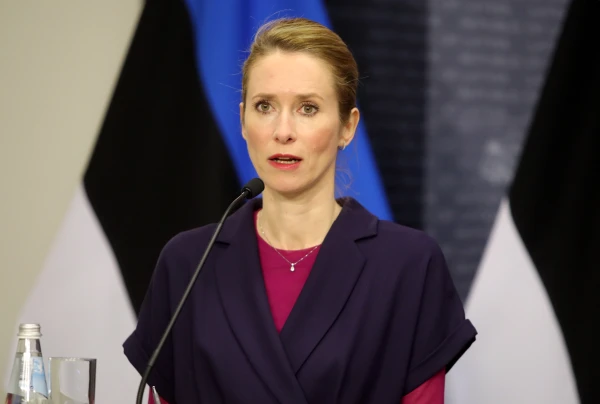
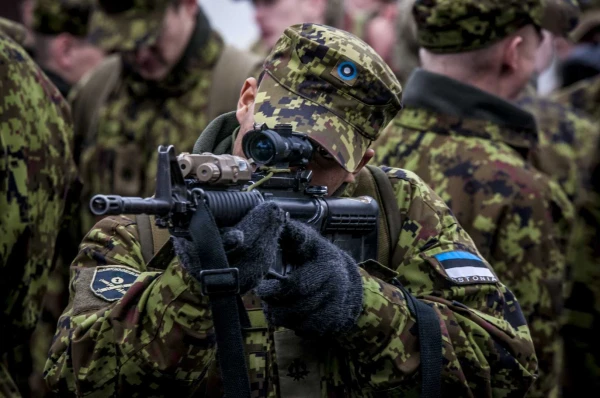

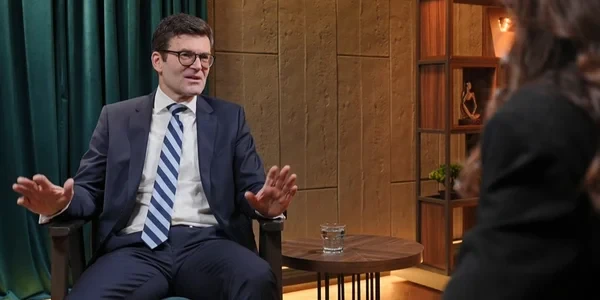
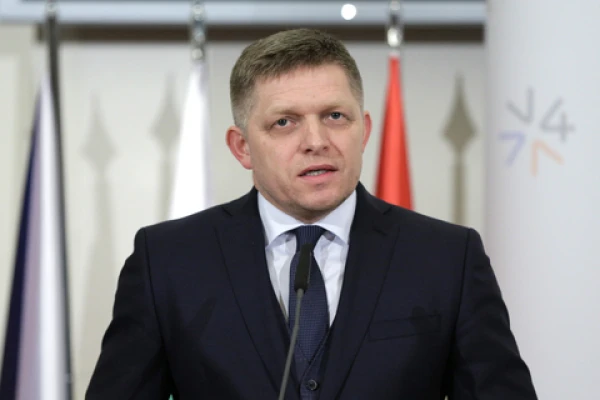
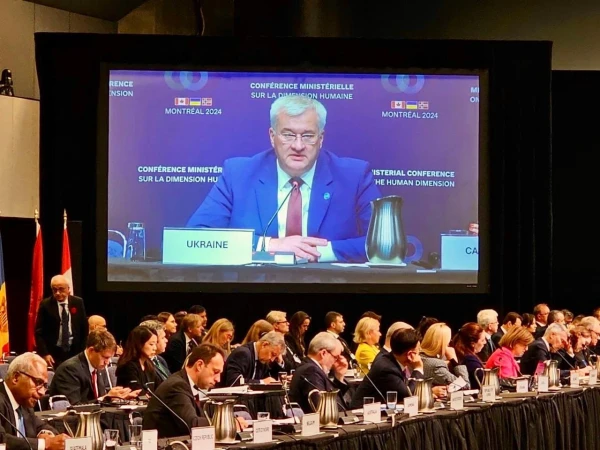

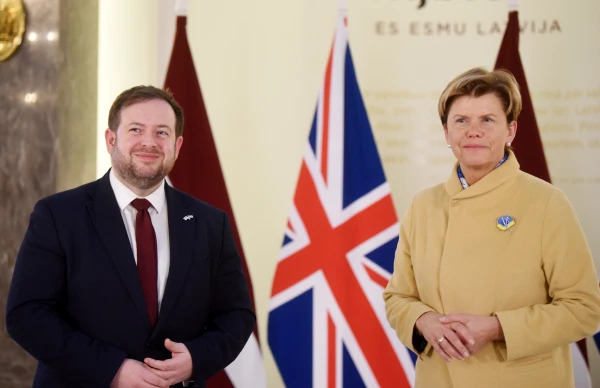

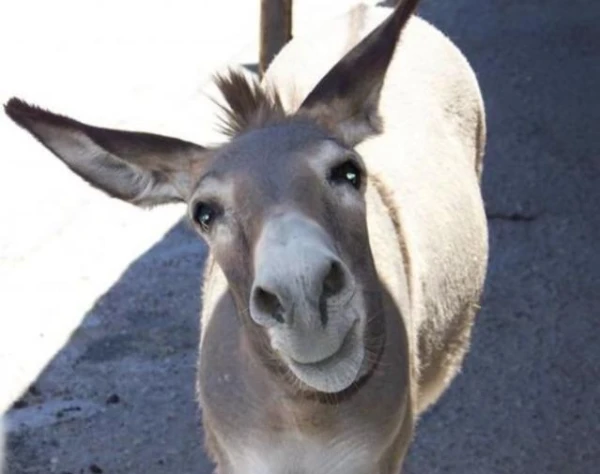



Leave a comment